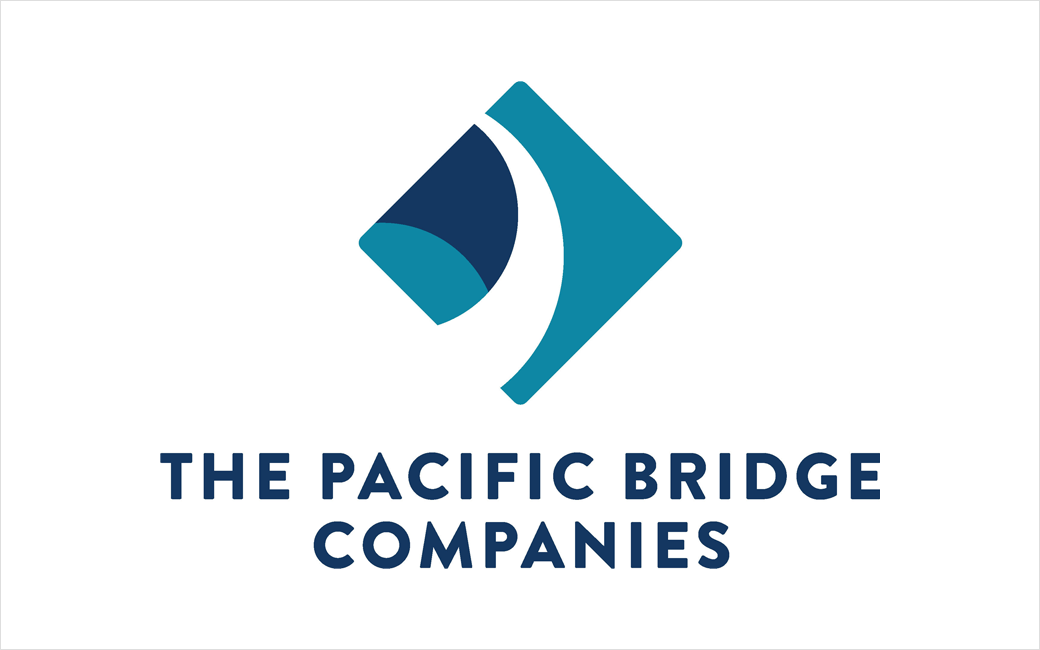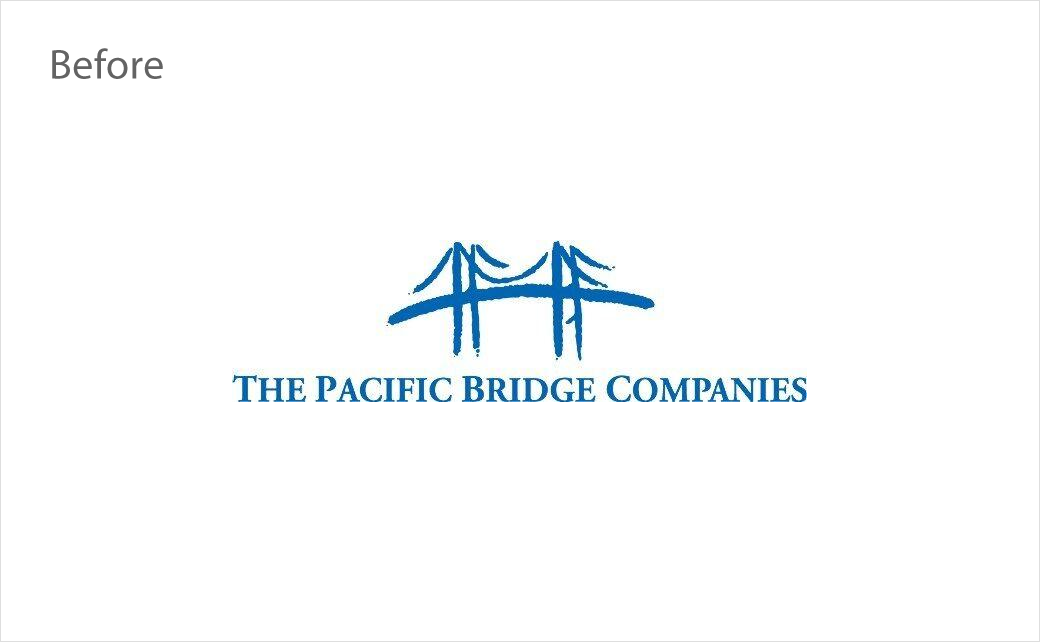The Pacific Bridge Companies Unveils New Logo Design
The Pacific Bridge Companies (TPBC), a conglomerate of international financial advisory firms spanning the U.S. and Asia, has introduced a new logo design.
TPBC says it “served as a bridge over the Pacific Ocean” when it was founded in 1992, with the aim of connecting advisers across the financial services industry to help people and companies living cross-national lives, initially and specifically between Japan and the United States. Today its services span the Pacific Rim.
With an approach based largely upon his recently released book, Aloha Financial Advising, the stated mission of the wealth management venture’s founder, Stephen Kagawa, is to help financial advisers “love the work they do”,
Previously known for its well-known bridge logo, TPBC’s new logo design reportedly features a traditional Polynesian calabash bowl, which is claimed to “embrace the company’s historic roots” as well as radiating “a message of collaboration and abundance”.
“In Hawai’i, the calabash bowl was once utilised by family members to carry their treasures. It was customary for members of the community to contribute to the contents of such bowls, most often filled with a variety of food and passed from family member to family member who each dipped into the bowl to find nourishment and strength. The calabash bowl was a place of plenty,” explains Kagawa.
Adding: “We believe our company is much the same, a place of an abundance of advisers from the world of finance with unique talents and expertise whose deepest desires are to strengthen and nourish those who come to them to seek their advice and wise counsel. Each adviser and organisation we engage with, on their own merit, represents tremendous value. By gathering, purposefully engaging, and sharing with one another, we collectively become Ohana – family – and The Pacific Bridge Companies is this special Ohana’s calabash bowl, the source of nourishment and strength for advisers seeking to access capabilities and care for those they serve, outside their areas of specialisation or geographical reach.”


Source: TPBC








